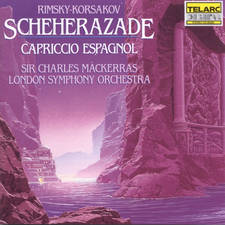C.P.E. Bach: A life in pictures
The fifth child of J.S. Bach, Carl Philipp Emanuel Bach (1714–1788) was a highly influential composer whose music made a big impact on the period between his father's Baroque style and the Classical and Romantic styles that followed. Mozart said of him, ‘He is the father, we are the children.’
-
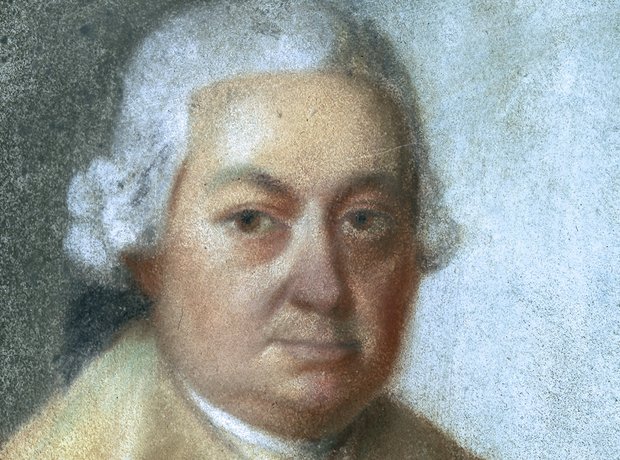
1. The fifth child of J.S. Bach
Carl Philipp Emanuel Bach was born in Weimar in 1714 to Johann Sebastian Bach and his first wife, Maria Barbara. The composer Telemann was his godfather. Emanuel – as he was known - was one of four Bach children to become professional musicians; all of them were trained in music almost entirely by their father.
-
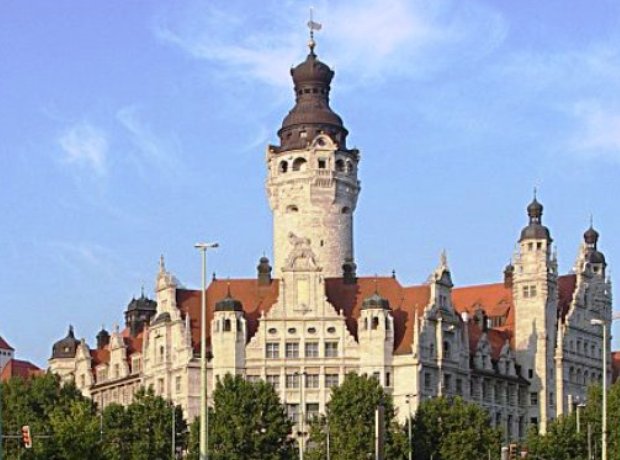
2. The young law student
When he was 10 years old, Emanuel entered the St. Thomas School at Leipzig. Like his brothers, he pursued advanced studies in jurisprudence at the University of Leipzig (pictured). He continued further study of law at Frankfurt and then, in 1738, at the age of 24, he obtained his degree.
-
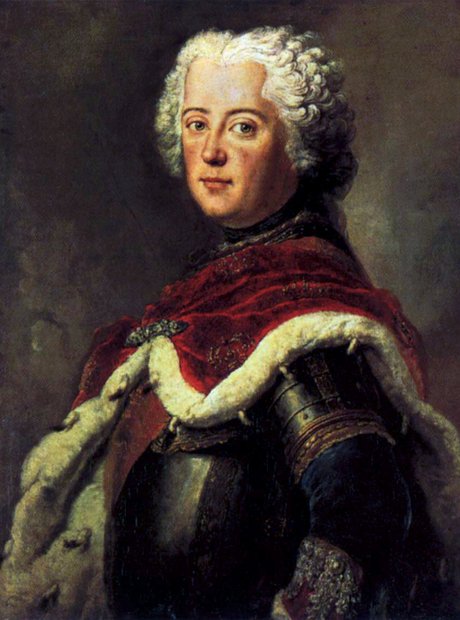
3. Frederick the Great of Prussia
A few months after graduation, Emanuel was appointed to the court of Crown Prince Frederick of Prussia, later Frederick the Great. Upon Frederick's accession in 1740, Bach became a member of the royal orchestra. He was by this time one of the foremost keyboard players in Europe.
-
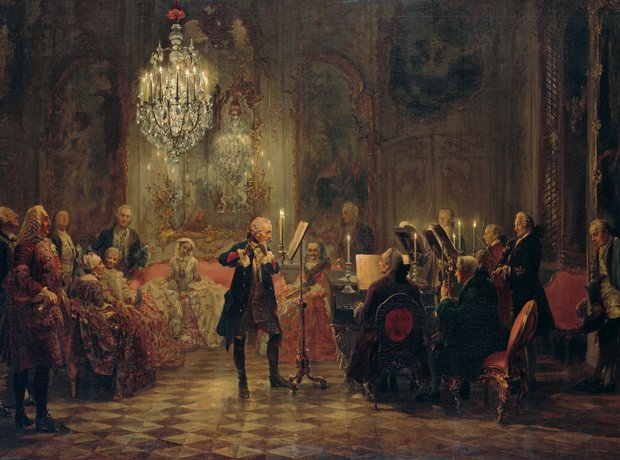
4. Chamber musician to Frederick
Emanuel’s reputation was established by two published sets of sonatas, the first of which he dedicated to Frederick the Great (pictured playing the flute). In 1746, Bach was promoted to the post of chamber musician, and served the king alongside colleagues like Quantz and Benda. Bach is pictured here at the keyboard.
-
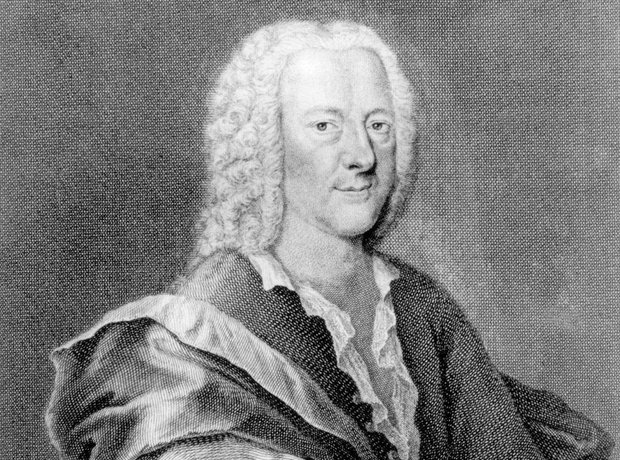
5. Godson to Telemann
The composer who most influenced C.P.E. Bach’s style was his father. But he also drew inspiration from his godfather, Telemann (pictured), then working in Hamburg, and from contemporaries like Handel and Haydn.
-
-
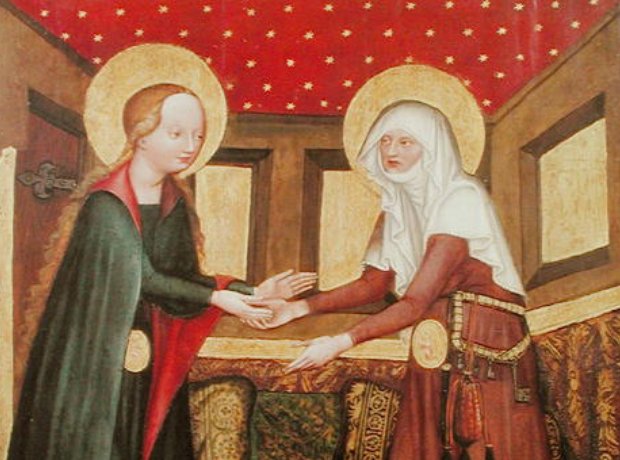
6. C.P.E. Bach's Magnificat
During his residence in Berlin, Emanuel Bach composed a fine setting of the ‘Magnificat’ (1749), in which he shows more traces than usual of his father's influence. He also wrote an Easter cantata (1756), several symphonies and concert works and nearly two hundred keyboard sonatas and other solos.
-
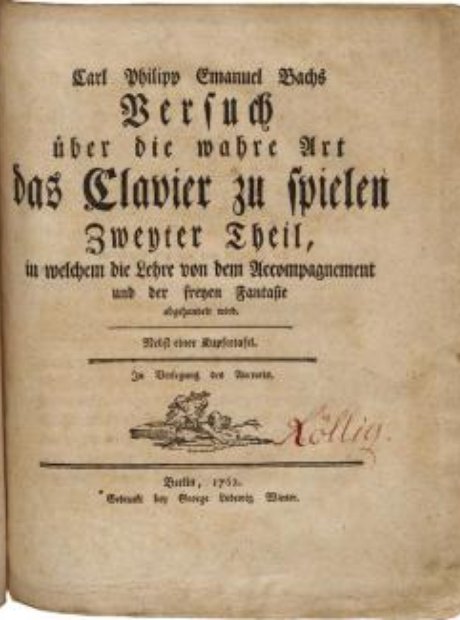
7. Playing the keyboard with the thumbs
While in Berlin, he placed himself in the forefront of European music with a treatise, ‘An Essay on the True Art of Playing Keyboard Instruments’. It was immediately recognised as a definitive work on keyboard technique. In it, he broke with tradition in allowing, and even encouraging, the use of the thumbs!
-
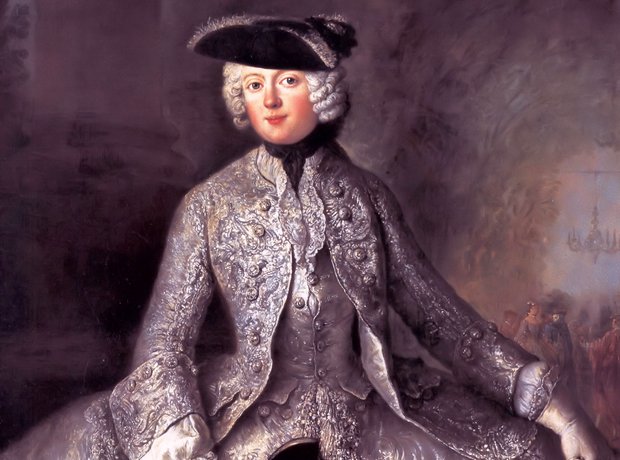
8. In the service of Princess Anna Amalia
Upon his release from service at the court, C.P.E. Bach was named court composer for Frederick the Great’s sister, Princess Anna Amalia. Her patronage and interest in the oratorio may have been influential in nurturing Bach’s ambitious choral works that followed.
-
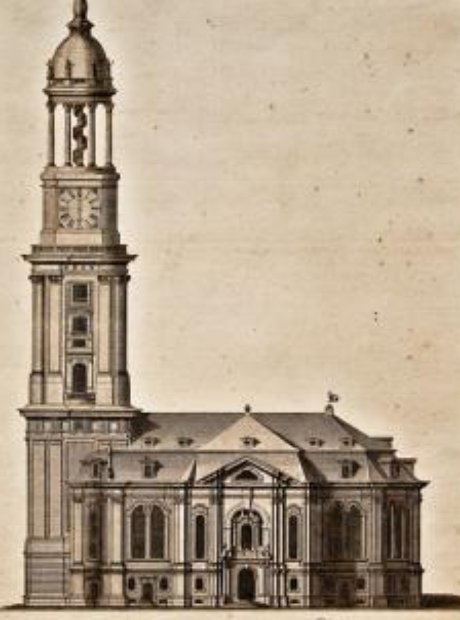
9. The church composer
Emanuel’s new job required the steady production of music for Protestant church services at the Church of St. Michael and elsewhere in Hamburg. One outstanding masterpiece was ‘The Israelites in the Desert’. Between 1768 and 1788 he wrote 21 settings of the Passion, and some 70 cantatas, litanies, motets, and other liturgical pieces.
-
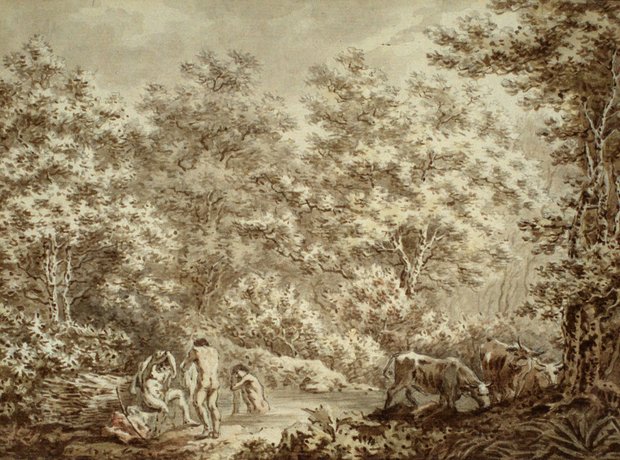
10. J.S. Bach the Younger - a painter
C.P.E. Bach was married to Johanna Maria Dannemann in 1744. Only three of their children lived to adulthood. None of them became musicians. One of them - Johann Sebastian Bach "the Younger" was a promising painter, but he died in his late 20s during a visit to Italy. Pictures is one of his artworks, 'Shepherds bathing in a forest'.
-
-
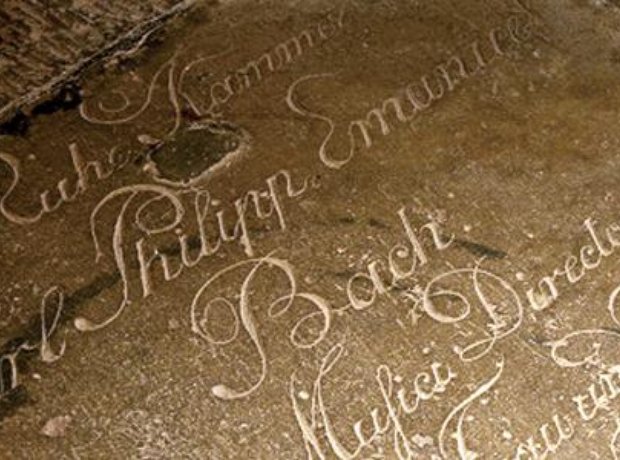
11. Death in 1788
Emanuel Bach passed away in Hamburg on 14 December 1788. He was buried in the Michaeliskirche - the Church of St. Michael - in Hamburg.
-
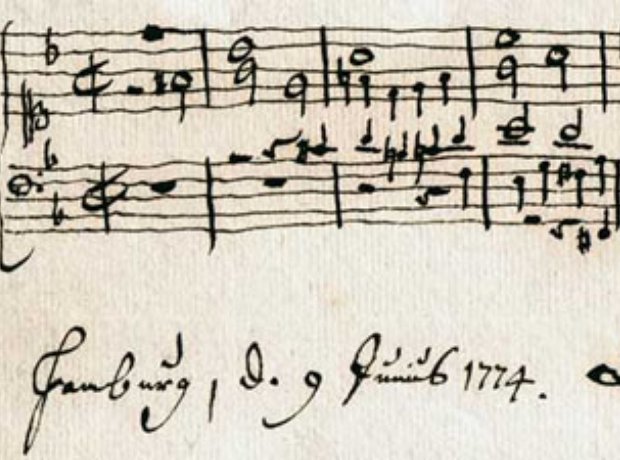
12. Mozart's tribute
Through the later half of the 18th century, the reputation of Emanuel Bach was very strong. Mozart said of him, ‘He is the father, we are the children.’ Haydn studied his work and Beethoven expressed the highest admiration and regard for his music. Later composers to be inspired by his music included Mendelssohn and Weber.
-
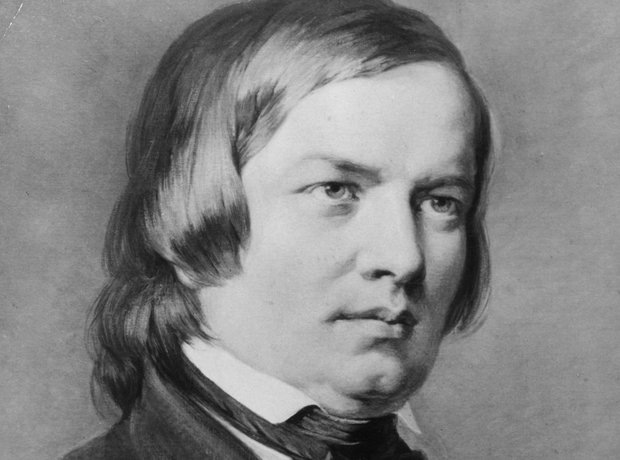
13. Schumann's stinging criticism
Bach’s name fell into neglect during the 19th century, with Robert Schumann notoriously stating that ‘as a creative musician he remained very far behind his father’. In contrast, Brahms held him in high regard and edited some of his music.
-
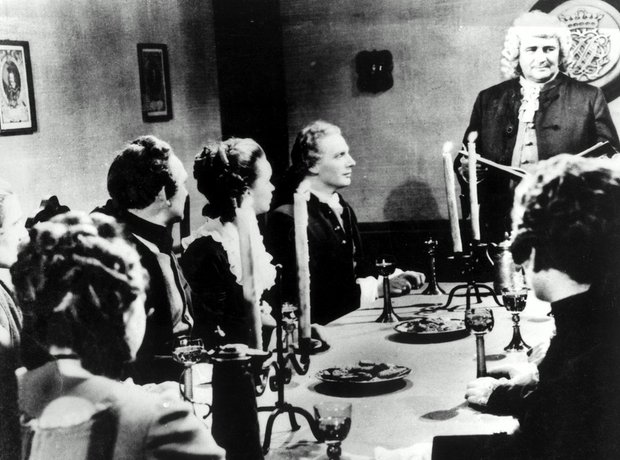
14. C.P.E. Bach in the movies
C.P.E. Bach was portrayed by the German actor Wolfgang Liebeneiner in the 1941 biopic of his brother, 'Friedemann Bach', who was depicted as a gifted son trying to escape his father's shadow.
-
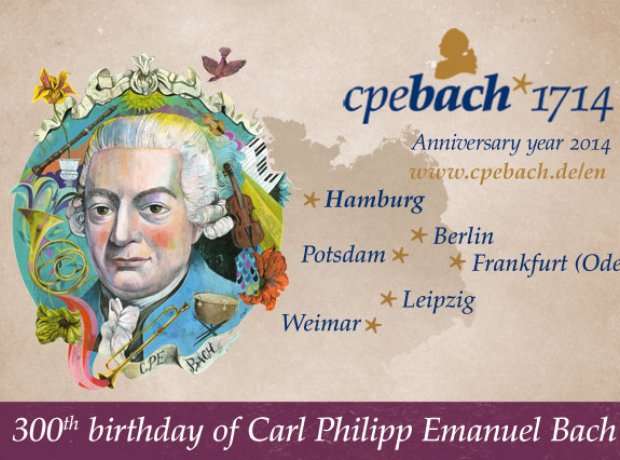
15. Celebrating C.P.E. Bach's 300th birthday
The 300th anniversary of Carl Philipp Emanuel Bach’s birth is being marked in 2014. All six German Bach cities – Hamburg, Potsdam, Berlin, Frankfurt (Oder), Leipzig and Weimar – are hosting a wide range of concerts and other activities to mark the occasion.
